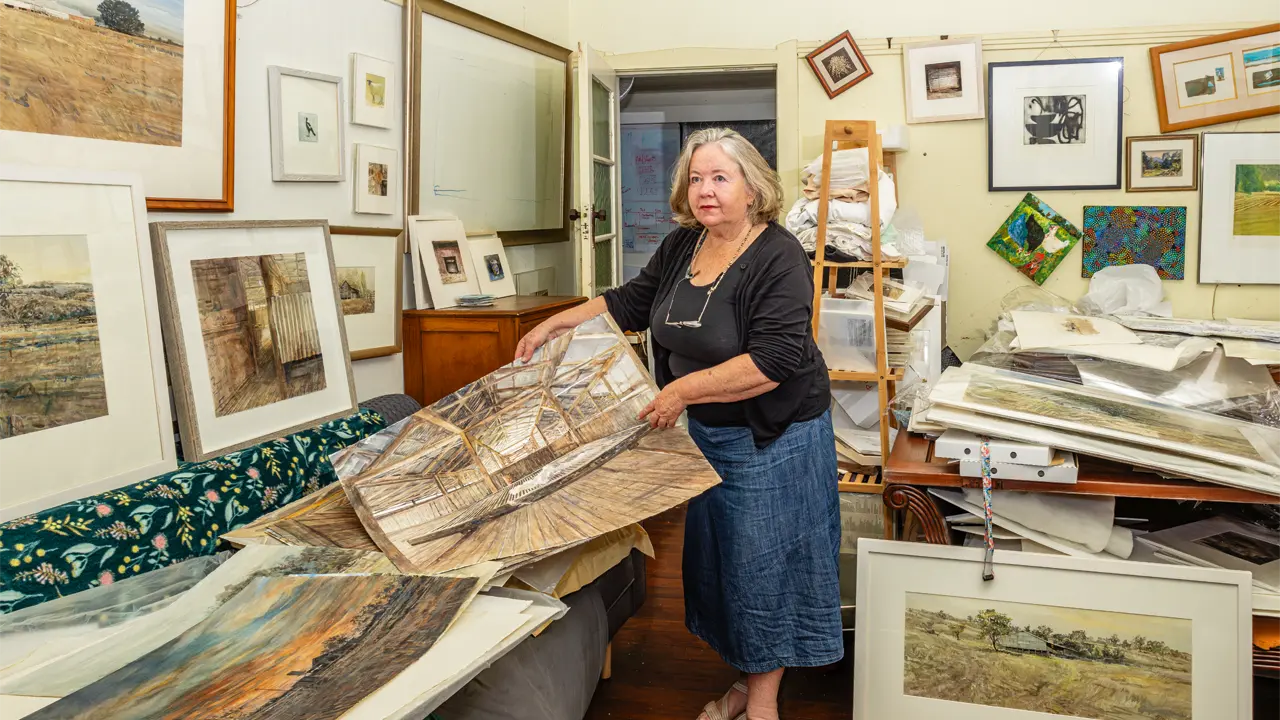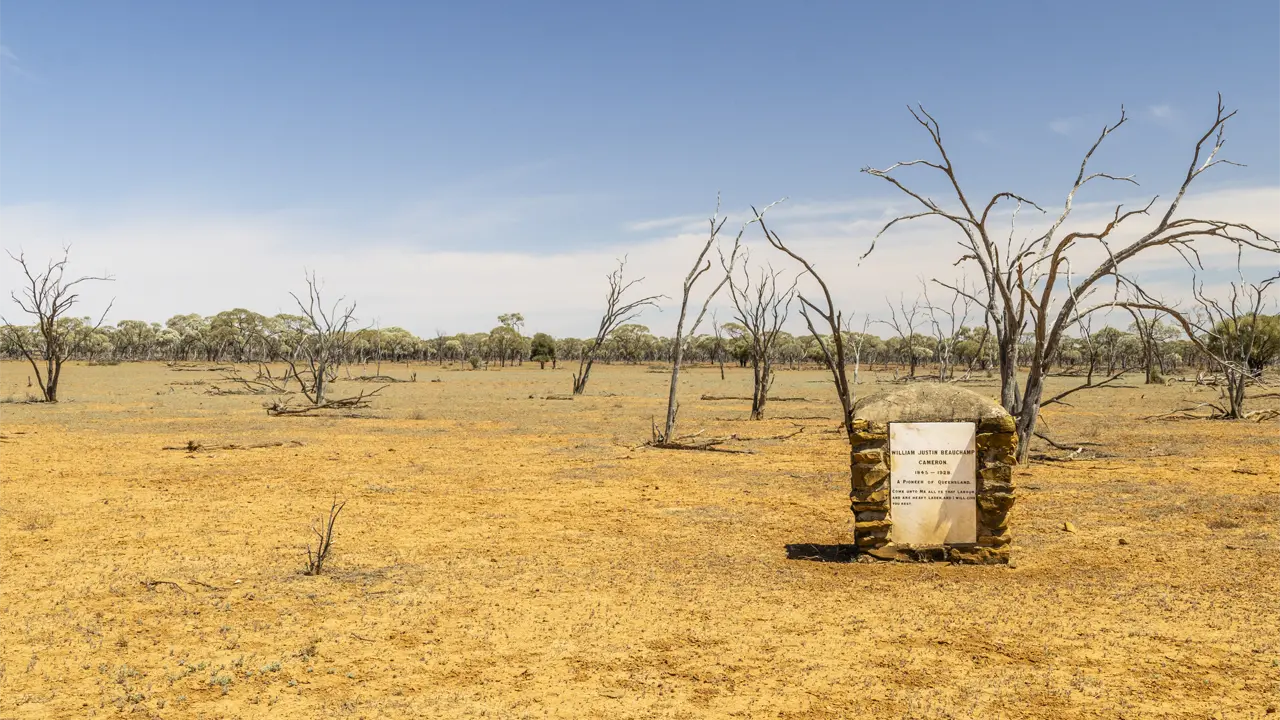Two Esperance brothers have turned smelly fish skins into fashionable leather accessories at Australia’s only fish-leather tannery.
Story By Fleur Bainger
Stepping into a warehouse where thousands of fish skins are soaked, dried and turned into leather, you might expect to have your nostrils assaulted by a putrid fishy stench, or have your shoes coated in a slimy film. But in Australia’s only commercial fish-leather tannery, neither exists – much to the relief of the 10,000 visitors who pass through each year.
Housed in a bright blue shed in the backblocks of Esperance, Western Australia, Mermaid Leather is run by brothers Andrew and David MacDermott. The duo are taking ‘up-cycling’ to a whole other level. If you’re not up with the latest eco-lingo, up-cycling is when you turn something seemingly worthless into something of value, and when you’re dealing with fish skins that would normally be discarded as waste, it’s serious business.
According to Andrew, the brainwave moment for turning the thin, scale-encrusted skins into something saleable was sparked by an offhand comment at a barbecue. “I was taking the skin off a smoked fish and I said ‘that’s like leather’ and my mate said, ‘why don’t you try making fish leather?’ because I was a hobby tanner,” he says. Despite seeming like a harebrained idea, Andrew, who was working in the commercial fishing industry, decided to try his luck. “I had a go, failed fairly dismally, so started researching it and looking into the chemical side of things.”
He was hooked, so to speak, and not least because fellow fishermen needed his expertise. “It had some serious implications for the fishing industry at the time, which was actively looking for value-adding opportunities,” he says. “You catch a fish and, at most, you might get 50 percent recovery if you want fillets. So that means for a five-kilogram fish, you’re throwing away 2.5kg. If you look at the cattle or sheep market, in an abattoir nothing is wasted, so we were looking at it from that perspective. We wanted to see what was left after the prime fillet is removed.”
Meanwhile, Andrew’s younger brother David was working as a chef in Perth, filleting his fair share of fish. Using the restaurant’s waste, he was able to send ‘samples’ to his hometown, so Andrew could experiment and finetune his craft. That was 21 years ago, and since then, David has quit his career to move back to Esperance to join the business.
This story excerpt is from Issue #74
Outback Magazine: Dec/Jan 2011









